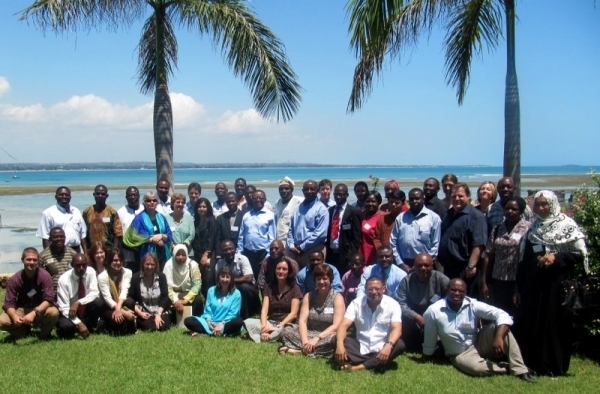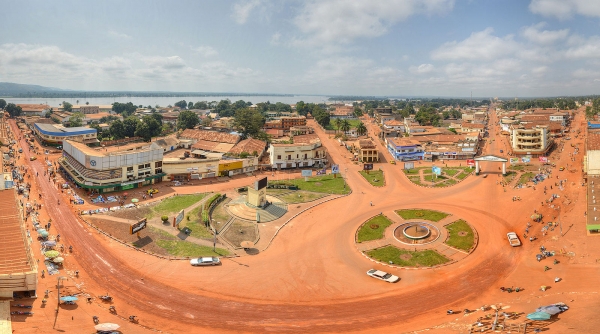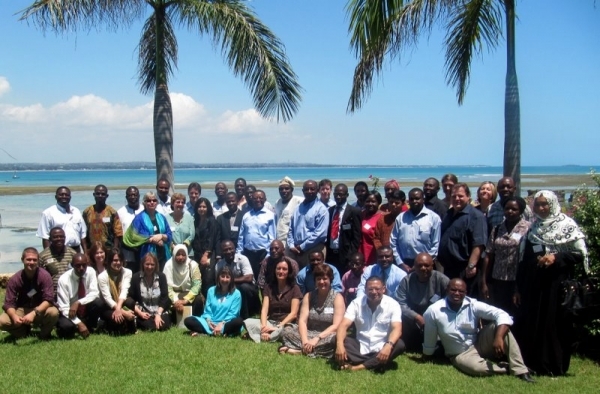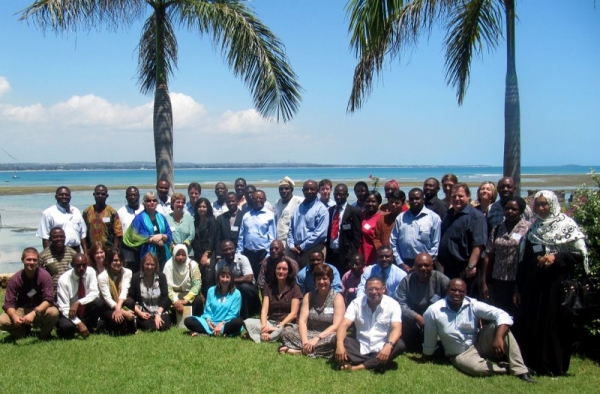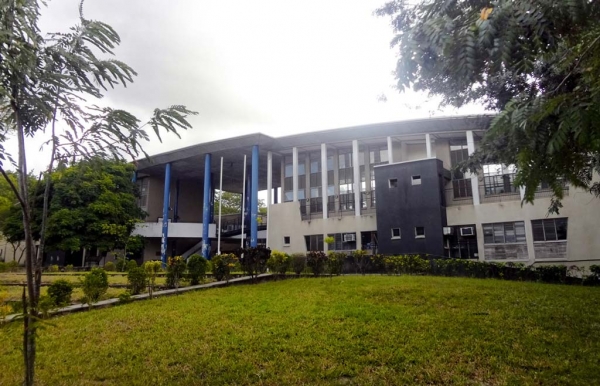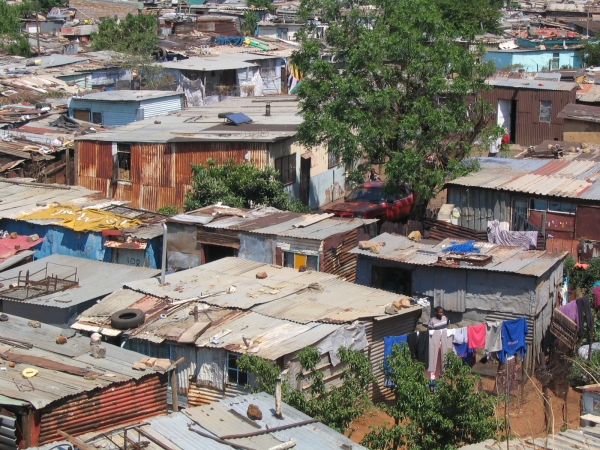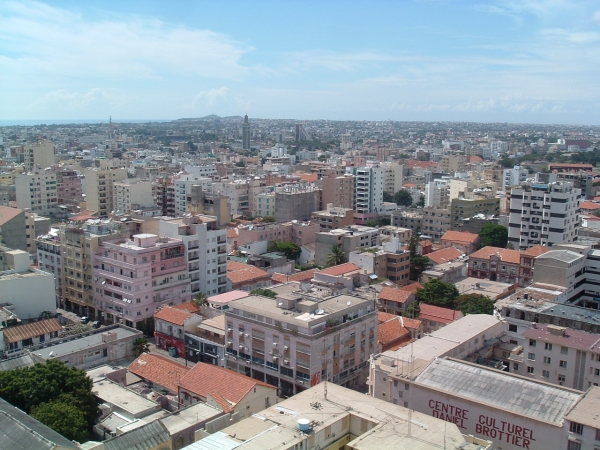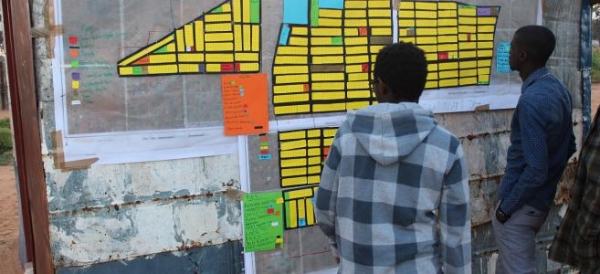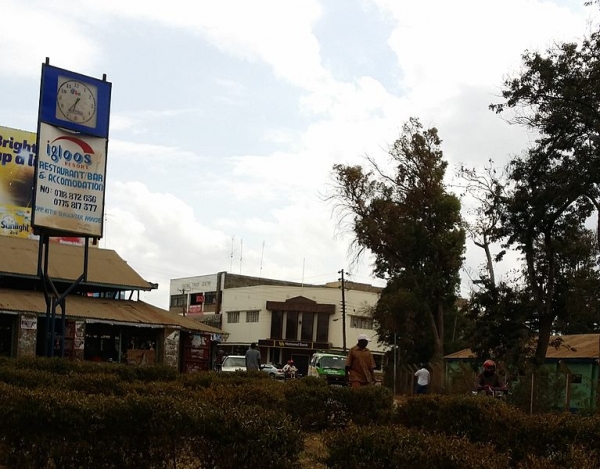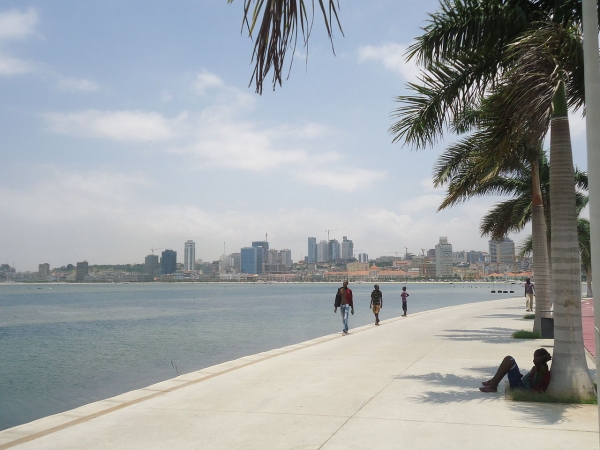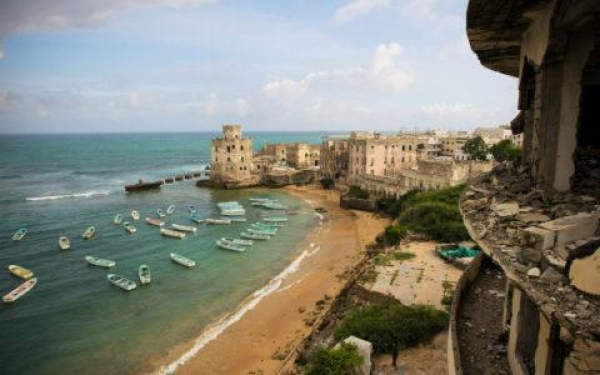The World Bank has released a study report entitled ‘Climate Change Adaptation and Natural Disasters Preparedness in the Coastal Cities of North Africa’.
The following extract was taken from the report overview:
North Africa’s coastal cities, long benefitting from their ready access to commerce and culture, also face distinct vulnerabilities due to their location. Natural hazards and extreme weather patterns impose risks on coastal areas that inland areas seldom encounter. North Africa’s increasingly populous cities face tangible risks today, but these will be amplified as the impacts of global climate change further manifest themselves over the decades to come.
To better understand both the risks that these cities face by the 2030 time horizon, and to help prepare the required adaptive responses, the World Bank has conducted a regional study focused on three cities critical to the region’s economic, social and political life: Alexandria, Casablanca and Tunis. The study also examined the Bouregreg Valley between Rabat and Salé in Morocco, an area which is undergoing largescale urban development and is slated for further growth in the next decade.
The study… analyzed the exposure of all four locations to natural disasters, such as floods and storm surges, earthquakes and tsunamis, as well as to the increasingly frequent weather extremes associated with climate change. The project, which has taken place from June 2009 to June 2011, has provided tools for evaluating the risks, costing out potential losses, and moving toward specific reforms and investments designed to adapt the cities to a changing climate and increase their resilience to natural hazards.
Please click here to download the report free of charge.


